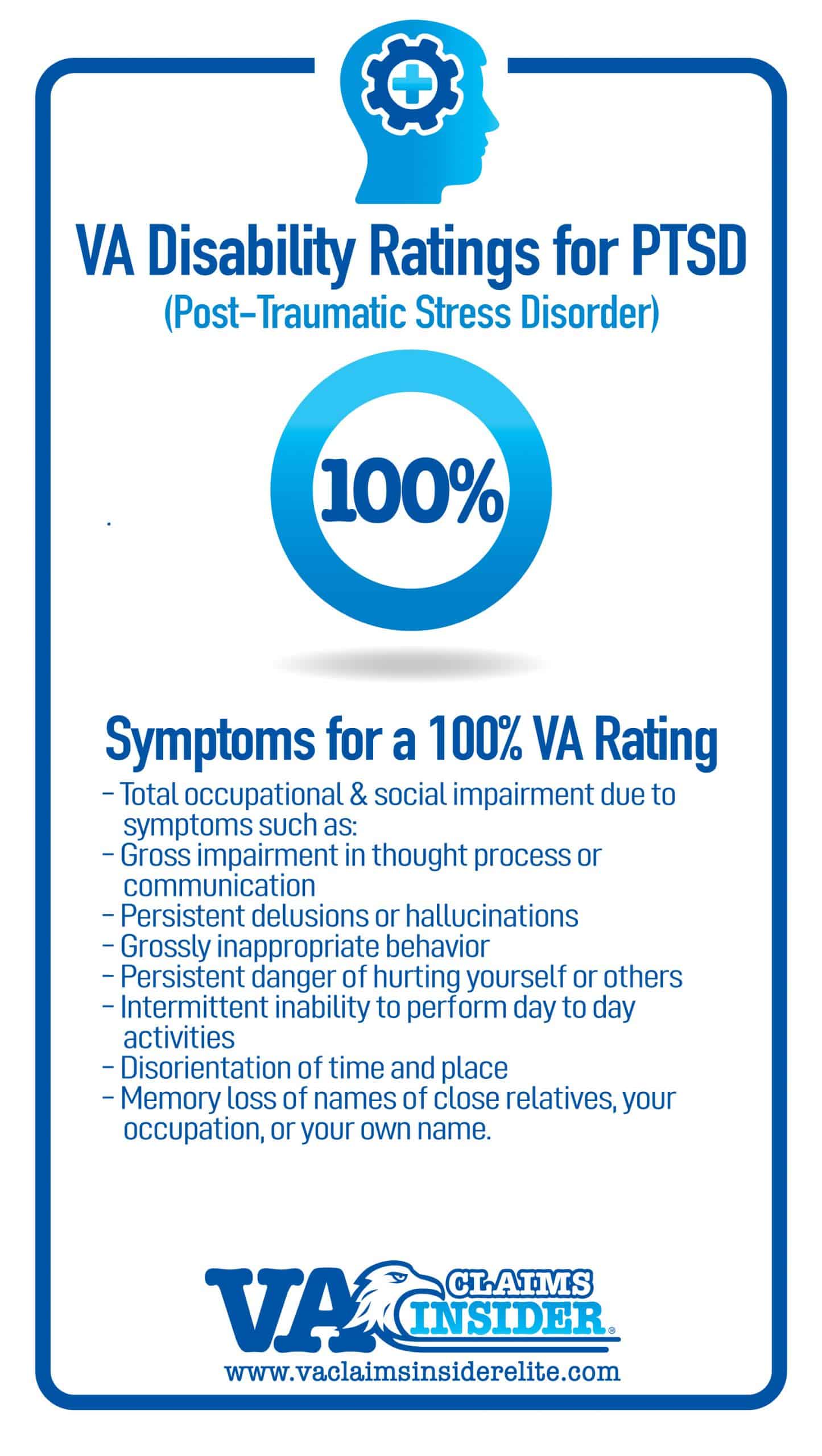Is Sleep Apnea A Secondary Condition To Ptsd
apnea condition ptsdThe basic idea is to show that your disability was incurred or aggravated during service. For a records review and possible nexus letter.

Sleep Apnea Va Disability Ratings And Benefits Cck Law
As such it may be helpful to have a doctor submit a letter stating that there is a causal relationship between your sleep apnea and your PTSD.

Is sleep apnea a secondary condition to ptsd. If you think your sleep apnea is secondary to your PTSD see our previous post Sleep Apnea Secondary to PTSD. Sleep Apnea Secondary to PTSD. If youre wondering if youre sleep apnea may be secondary to your service-connected PTSD feel free to reach out to Todd Finnerty PsyD.
Meaning the more severe a veterans PTSD is the more severe their sleep apnea will be. Typically one of the biggest risk factors for sleep apnea is excessive weight but research is needed to determine exactly why PTSD is linked with sleep apnea. This requires that the secondary disability be proximately caused by or proximately aggravated by another service-connected disability.
For sleep apnea GERD or erectile dysfunction you must have a diagnosis and provide evidence that your condition stems from PTSD or from medication you take for PTSD. How to Prove Your Sleep Apnea is Secondary to Your PTSD As mentioned above secondary service connection is dependent upon establishing a nexus between the two conditions. The most common condition that sleep apnea is connected to is PTSD.
Warning signs of sleep apnea include snoring and choking gasping or silent breathing pauses during sleep The Veterans Administration also offers benefits for those veterans who do suffer from sleep apnea. However the studys authors say that disrupted sleep and sleep deprivation while in combat paired with veterans physical and psychological stress may play a role. If so you may be able to establish sleep apnea VA disability by your sleep apnea is a secondary disability.
Lack of sleep generates a need for deeper stages of sleep less REM sleep and often generates a path to sleep apnea. If you are looking to prove a service-connection on a secondary basis you will have to prove causation. If you have both PTSD and sleep apnea you may be entitled to disability benefits for your sleep apnea.
Posted on June 10 2019. The most common primary condition linked to sleep apnea as a secondary condition is PTSD. PTSD does NOT cause Sleep Apnea however PTSD and side effects of medications taken to manage PTSD symptoms can aggravate obesity weight gain leading to the development of Obstructive Sleep Apnea OSA in Veterans hence Sleep Apnea Secondary to PTSD can be granted.
To examine the correlations between obstructive sleep apnea OSA and psychiatric disorders such as major depressive disorder MDD posttraumatic stress disorder PTSD or bipolar disorder BD and whether comorbid psychiatric diagnosis increases the risk of OSA. Studies show that people with post-traumatic stress disorder PTSD have a higher risk of developing sleep apnea. Sleep apnea may also cause other mental health conditions such as depression anxiety and worsening PTSD.
In my last article I talked about how to prove that your sleep apnea should be service connected on a direct basis. One study compared the records of 4 million Veterans suffering from PTSD and those not suffering from PTSD to find a connection between PTSD and sleep apnea. Heres one of many decisions.
There are several BVA decisions granting sleep apnea as secondary to PTSD. The strongest evidence in secondary service connection cases comes in the form of medical opinions. Additionally there is a direct correlation regarding the severity of the two conditions.
Sleep Apnea Secondary to PTSD An increasing number of scientific studies show that sleep apnea and PTSD are co-morbid conditions. A shorter route to sleep apnea may be to say Primary Insomnia Secondary Insomnia or Transient Insomnia as secondary to PTSD. They found an incredible statistical difference.















